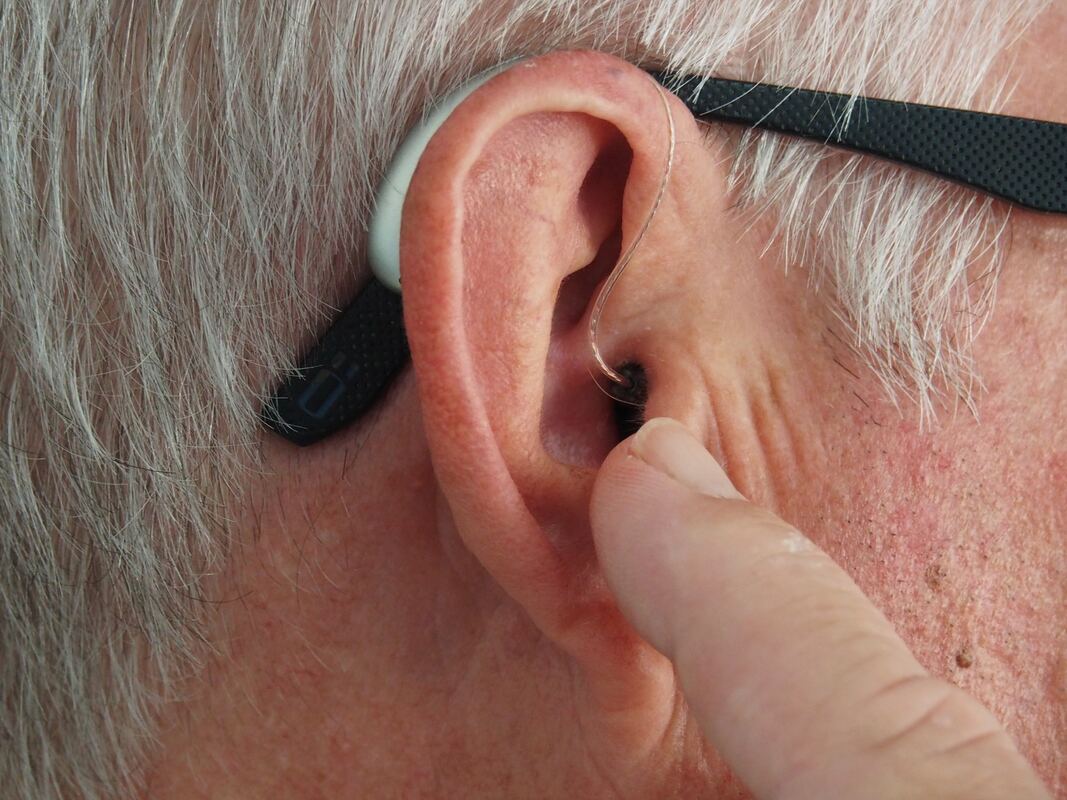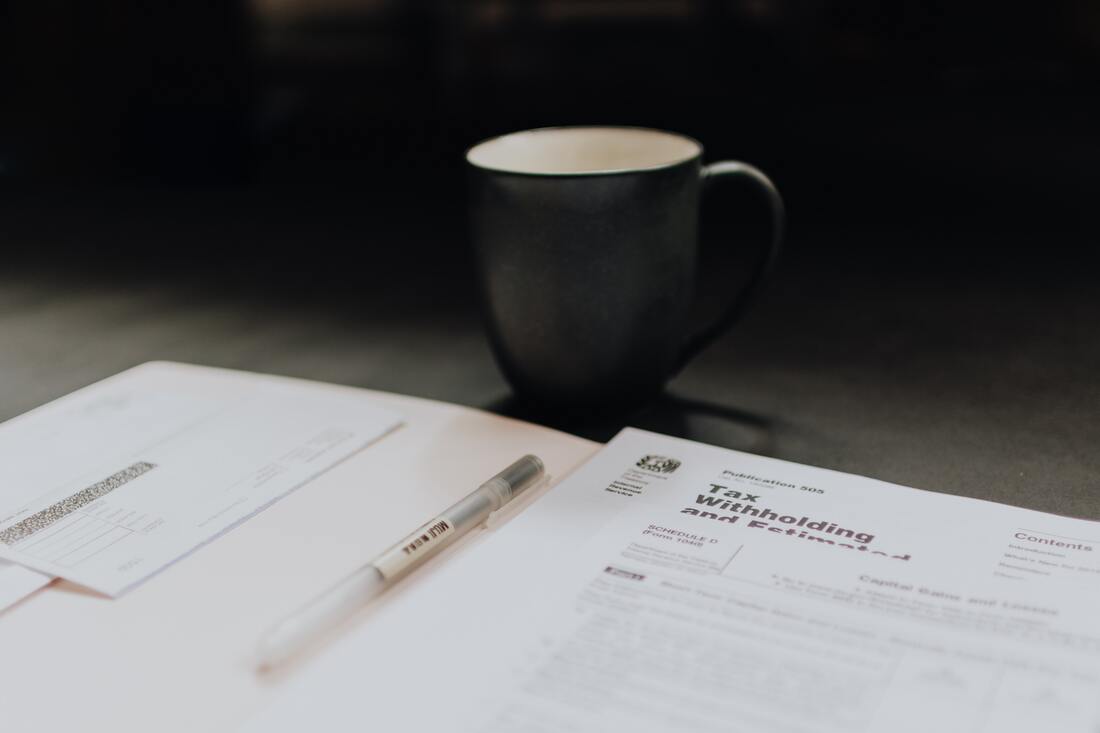|
It feels like summer started early this year. In addition to taking care of yourself during these summer months, you’ve got to take care of your hearing aids. All electronic devices, like hearing aids, can become damaged when exposed to too much heat, humidity, and moisture. Here are some ways to protect your hearing aids while ensuring the highest performance, even when sweating through the heat.
1. Keep your hearing aids stored in a cool, dry space. Your hearing aids’ wiring and how the devices perform; can be impacted negatively due to heat exposure. Any trapped moisture in the microphone or the receiver can make the hearing aid stop working. 2. Remove moisture from your hearing aids. Your hearing aids may need to remain stored in a dryer box, which is essentially a vacuum chamber that dries off your hearing aid devices. Talk to someone from Northumberland Hearing Center about a dehumidifier for your hearing aids. You may also use desiccant, or even dry, uncooked rice, can absorb moisture from your devices. If the damage is significant, your hearing aid provider may send your hearing aids to the original manufacturer for advanced repairs. 3. Protect your hearing aids from excess sweat. If your hearing aids tend to have built-up moisture caused by over-perspiration, take them out of your ears and open the battery door to let air circulate throughout the devices. Dry them off using one of the methods mentioned above. 4. Are you using sunscreen or insect repellent? These lotions and sprays can clog the microphones and receivers on your hearing aids. It’s best to put these ointments on before placing your hearing aids in your ears. The lotion and spray residue should be washed off of your hands thoroughly before handling your hearing aids to wear in your ears. Use professional-grade cleaning wipes on your hearing aids after you remove them from your ears. 5. Do not clean hearing aids with any liquids. You can damage hearing aids by cleaning them with liquids that contain alcohol. Only use a brush tool, soft cloth, or professional-grade cleaning wipes. If you need supplies to care for your hearing aids, Northumberland Hearing Center has you covered. We have offices located in Northumberland and Millersburg.
0 Comments
If your hearing isn’t as good as it used to be, a loved one’s voice, music, or nature might not sound like it used to. You can enjoy these sounds again with a great pair of hearing aids.
If you’ve put off receiving hearing aids for too long, wearing hearing aids and hearing sounds that you haven’t heard in years can be overstimulating to the ears and brain. Don’t let this discourage you from wearing them every day. Adapting to hearing aids takes time and patience. What Should You Notice within the First Few Weeks? Based on your range of hearing loss, noises around you can sound stifled, or you can’t identify every noise and where it’s coming from. Hearing aids can be programmed so you can focus on sounds in front of you, sounds coming from behind you, or sounds coming from all directions. As you familiarize yourself with the hearing aids, everyday noises may sound louder than usual. The sound of your own voice and other ordinary noises could sound unusual. When it comes to hearing aids, there are certain things that you’ll need to familiarize yourself with.
Handle Hearing Aids with Care For a smooth adjustment to your hearing aids, get acquainted with the devices. Get the basics from your hearing aid provider. Learn to properly insert and remove your hearing aids, and practice daily. There are special maintenance and cleaning practices for your hearing devices, so ensure that your provider goes over those with you. Test the hearing aid’s settings and focus on the differences in various environments. Hearing Aid Usage at Home Begin to wear your hearing aids in a quiet indoor area at home. It makes it easier to distinguish and recognize sounds without uncontrollable background noises. After doing this, try going outside for a walk. Wearing hearing aids outdoors is a different experience. You’ll have the opportunity to concentrate on many different and quiet sounds, minus the distracting background noises. Having a Conversation Your initial conversation while donning hearing aids should take place in a casual setting. At the most, you should only be speaking to two people in a distraction-free space. You can explain how your hearing loss has shifted your communication style and what they can do to ease conversations with them. The Best 3 Ways to Have a Conversation if There’s Background Noise
How to Deal with Loud Surroundings After getting acquainted with your hearing aids, wear them in an area with a lot of background noise. You can check your ability to isolate background noises and handle conversations in these environments. The New Experience of Better Hearing When you can hear better with your new hearing aids, as mentioned before, the initial experience will most likely be unpleasant. Hearing the sound of your own voice can be alarming due to the occlusion effect. It’s when a person hears their own voice as sounding “booming” or “hollow” with echo-like noises. According to some hearing aid users, it’s like talking while being in a large barrel. This occlusion effect occurs when bone-conducted sound vibrations reverberate throughout the ear canal. It can intensify low frequencies. Some have also described it as “your own voice resonating in your head.” The solution is to ask your hearing instrument specialist to change the amplification and ventilation ratios. If you are experiencing hearing loss and need an evaluation and hearing aids, contact Northumberland Hearing Center for a consultation. Good news for hearing aid users who are filing taxes! Hearing aids are tax-deductible when listed as a medical expense. According to the IRS, this tax deduction applies to any hearing aid user who spends over 7.5% of their income on medical and dental bills and if they itemize their medical expenses.
If your medical expenses typically go undocumented, but you paid a hefty bill for a hospital stay or surgery last year, discuss this with a professional tax advisor. Determine whether itemizing your medical expenses would be beneficial for you this year. Additionally, if you anticipate significant medical expenses this year, use this time to determine if you or your spouse will need hearing aids. You can deduct them from next year’s tax return. Expenses Deducted for Hearing Healthcare If you itemize medical and dental expenses with a Schedule A Form 1040, these hearing health-related medical expenses may be deductible:
Deduct other Hearing Loss-related costs from Your Taxes. Remember to include the following hearing-related deductions if you are planning to itemize medical expenses:
Are You a Caregiver for Someone who uses Hearing Aids? If anyone in your household purchased hearing aids last year, the cost of the hearing aids might be deducted from your taxes if claimed as an independent. If you don’t know whether you qualify for this tax break, contact a tax professional or an accountant. What coverage can I get? The IRS provides a helpful guide online so you can determine your coverage. This resource will ask you questions about your situation so that you may take the appropriate steps while filing your taxes. If you need documentation for hearing aids purchased from Northumberland Hearing Center last year, contact us. If you are overdue for a hearing exam, contact us. |
Archives
July 2024
Categories
All
|




 RSS Feed
RSS Feed
